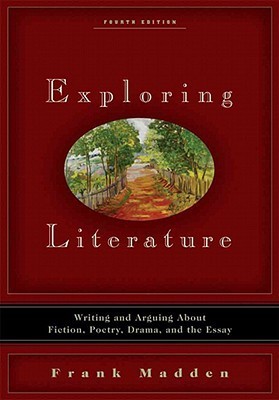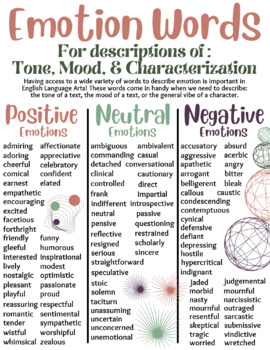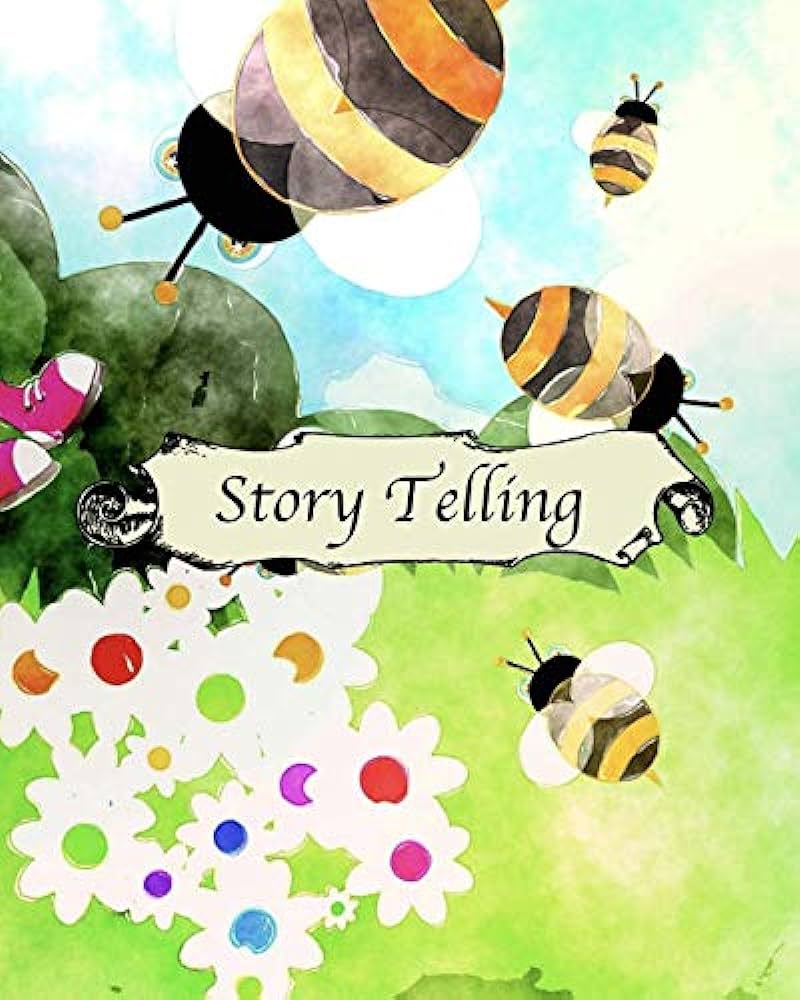Exploring Genre-Specific Writing in Literature: A Comprehensive Guide
Literature is an art that has been around for centuries. Over time, it has evolved in different ways, leading to the birth of various genres. These genres have defined literature and contributed to the cultural and intellectual growth of humanity. This blog post explores different genres of literature and their unique writing styles.
What Is Genre-Specific Writing?
Genres refer to categories of literature that share specific features and have identifiable characteristics. These categories define the subject matter, style, and tone of the literary work. Examples of genres include poetry, prose, drama, fiction, and non-fiction. Most writers specialize in a particular genre, which helps them to perfect their skills and create impactful works.
Exploring Different Literary Genres and Their Unique Writing Styles
1. Poetry
Poetry is a genre that relies heavily on the use of concise and powerful language to convey emotions and meaning. Poets use various literary devices such as metaphors, similes, and symbolism to create imagery that resonates with readers. Poems are also characterized by their use of rhythm and rhyme, which create a musical effect.
2. Prose
Prose refers to any form of written or spoken language that does not have a structured meter, as is the case with poetry. This genre includes novels, short stories, biographies, and essays. Prose is a versatile genre that allows writers to express their thoughts and ideas in a straightforward and unadorned style.
3. Drama
Drama is a genre that involves live-action performance in front of an audience. It encompasses a range of forms, including tragedy, comedy, and farce. Drama relies on dialogue, stage directions, and characterization to create a vivid and engaging performance.
4. Fiction
Fiction is a narrative genre that tells a story using fictional characters and events. It can take the form of novels, novellas, and short stories. Fiction can be further sub-divided into genres such as romance, science fiction, horror, and fantasy.
5. Non-fiction
Non-fiction is a genre that deals with factual information. It can encompass a wide range of topics, including history, science, and biography. Non-fiction also includes instructional and self-help books.
Conclusion
In conclusion, understanding the different genres of literature and their unique writing styles is essential for anyone seeking to become a writer or engage with literature. It is important to note that these genres overlap, and writers often use elements from multiple genres in their works. It is also worth noting that good writing transcends genre, and the most important element of any piece of writing is its ability to effectively communicate a message to its intended audience. Aspiring writers should explore different genres and experiment with different writing styles to find the one that best fits their voice and message.











